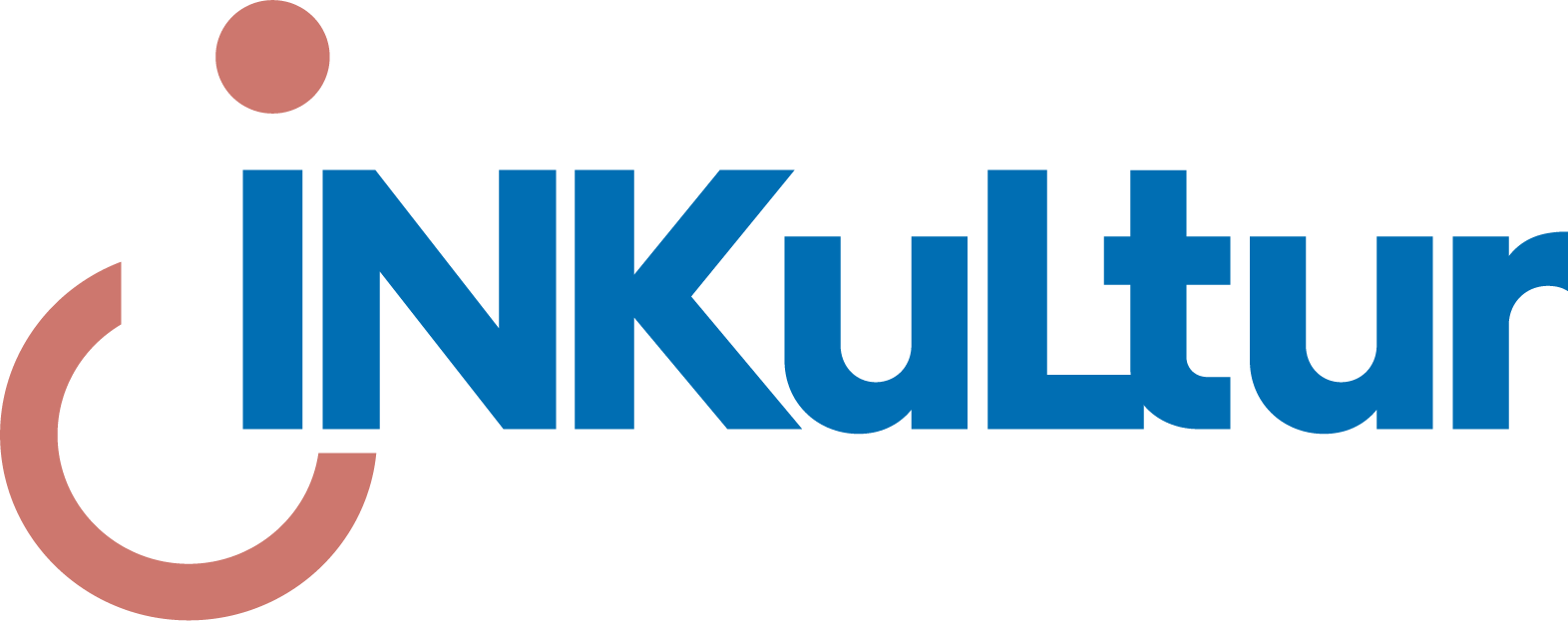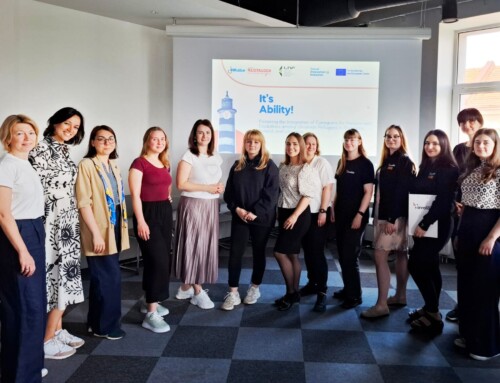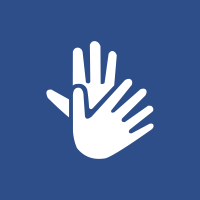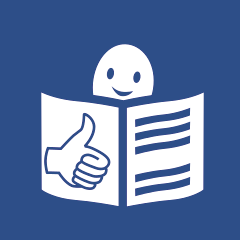Summary of the Panel discussion “Inclusive Culture and the Culture of Inclusion. How to involve people with disabilities in the process of making a cultural institution inclusive?”
Inclusion can be easy when you meet the people it’s about
The panel discussion organized by the INKuLtur programme on December, 16 via Zoom handled the question “Inclusive Culture and the Culture of Inclusion. How to involve people with disabilities in the process of making a cultural institution inclusive?”. The four invited experts Katrin Dinges and Stefanie Wiens from Germany, Marianna Harutyunyan from Armenia and Tamar Makharashvili from Georgia gave their opinions and expertise on this topic.
Our project manager Irina Bukharkina presented the discussion and started with the question what are the main obstacles for an inclusive environment in cultural institutions. Stefanie Wiens sees in her perspective as an adviser the lack of knowledge for inclusion resulting out of the missing interaction with people with disabilities. In Georgia is the missing piece for inclusion according to Tamar Makharashvili not the legal support of this topic but rather educational resources and a general standard concerning inclusion and accessibility. In her opinion a holistic approach is needed which is covering all possible inclusive features. On the behalf of Armenia Marianna Harutyunyan clears out that the funding for inclusion is not the main obstacle. They are missing research in this field for developing a standard on inclusive features. Katrin Dinges explained as an expert in her own needs that it can start small with easily accessible features like braille lettering. All experts are declaring the main obstacle for a successful inclusion is not the missing of funding but furthermore the willingness for change and research in this field.
<Inclusion can be easy when you meet the people it’s about>
Katrin Dinges
This concern was also discussed in the next question which was dealing with the cultural politics and how to include people with disabilities as employees in cultural institution. Stefanie Wiens as an adviser for inclusion in the cultural field explained it can be helpful to bring in first people with disabilities as experts on own behalf. This can start with contact with association, but there is a domination of some disabilities which leads to invisibility of some disabilities. In her perspective implementing a heterogenous focus group helps to provide an inclusive surrounding in a sustainable way. In Georgia Tamar Makharashvili sees the need for an equal and active monitoring by disabled people as experts for a general standard for inclusion. She is mentioning the stakeholder methodology with key organisations as a best practice to include people with disabilities. According to Marianna Harutyunyan in Armenia after the long-needed adaptation in legalisation doors are open for changes for inclusion but these are confronted with old structures. Katrin Dinges explains that you have to look at the actual situation and at your own understanding of inclusion. In her opinion a radical transparency between the institution and people with disabilities is obligatory. With a good communication and a feedback culture an inclusive surrounding in cultural institution can be initiated. It is clear that inclusion and accessibility are a progress and barriers cannot be eliminated immediately but an innovative approach can give good solution.
<Inclusion and accessibility are processes that need radical transparency>
Katrin Dinges
The discussion is concluded with the mentioning of the policy paper and with the question how people with disabilities can be involved in cultural institution. The policy paper which was written by Katrin Dinges and Stefanie Wiens in cooperation with the INKuLtur Programme gives a guideline for cultural institutions. All experts see inclusion as a process which has to be combined with education and training. In the cultural field the main keyholder are the staff members who are interacting with the public. Their training can open up the institution for a broader audition. Especially a global perspective can give solution for a local approach.
The Policy Paper is free to download in English, German, Ukrainian and Russian under the following link https://inkultur.org/materials/policy-paper/
The programme “INKuLtur – For Inclusion and Participation in Сultural Life” is implemented by Dialogue for Understanding e.V. together with Eastern Partnership countries funded by the German Federal Foreign Office.








